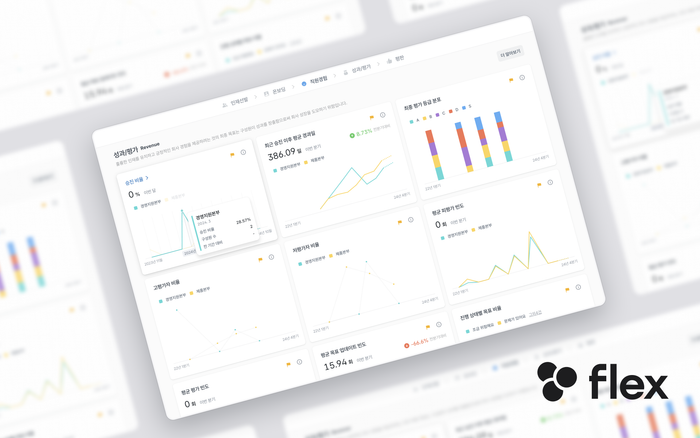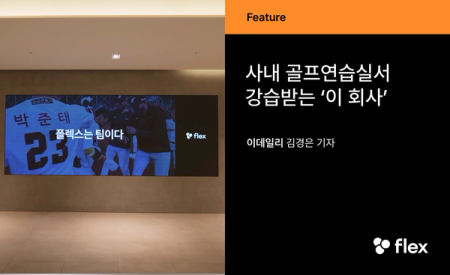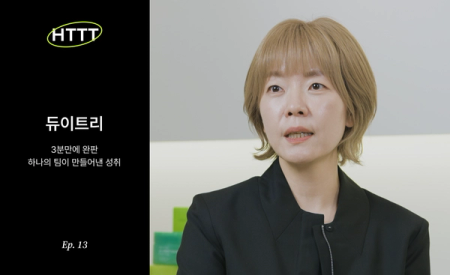Where Technology Meets Talent: The Evolution of HR Solutions

Where Technology Meets Talent: The Evolution of HR Solutions
By Changsup Um, Growth and Business Development Lead at flex
Rapid technological innovation is no longer confined to the IT sector – it is reshaping the entire management paradigm. Traditional management practices are insufficient in this new era; companies must now embrace innovative business models and operating systems.
This transformation has a profound impact on HR. Whether organizations rely on packaged HR solutions, self-developed HRIS, or operate without a formal system, the rise of SaaS, mobile, and AI technologies necessitates a redefinition of HR strategies. As digital transformation accelerates across businesses and employees’ lives, HR systems are expected to evolve beyond administrative functions, becoming strategic platforms that drive organizational culture and support flexibility.
The emergence of the term “HR Tech” underscores this shift. While companies have long leveraged software applications and system developments to innovate, few technologies have disrupted business models and core infrastructures as fundamentally as those of today. As a result, defining the strategic direction for HR and its supporting systems has become a critical priority in corporate management.
The Shift from Traditional to Modern HR Solutions
Since the ERP boom of the late 1990s, many companies advanced their management systems by adopting the best practices embedded within packaged ERP solutions. Yet, challenges remain—especially regarding process completeness and automation. No matter how renowned a global solution may be, it is nearly impossible to encompass the diverse business processes across countries and organizations. This is especially true in HR, where regional social and cultural factors play a significant role, making universal standards insufficient.
To bridge these gaps, companies have often turned to groupware, integrated third-party solutions, or developed independent HRIS systems outside their ERP frameworks. In Korea, where a “if we need it, we build it ourselves ״ mindset prevails, substantial investments have been made in homegrown systems. Yet, it is worth questioning whether these self-developed systems truly address fundamental HR challenges or deliver meaningful business outcomes. A perfect HR solution that satisfies CEOs, HR leaders, and employees alike remains elusive.
As business, technology, and socio-cultural dynamics continue to evolve at an accelerating pace, the idea of an HR solution that seamlessly integrates current needs with future demands may seem idealistic. However, the emergence of new technologies, such as AI, might be bringing us closer to the near-perfect solution we envision.

Beyond On-Premise: The Rise of HR SaaS
Since the mid-2000s, with the emergence of cloud computing, the HR solution market has become distinctly divided between onpremise and cloudbased models. Today, cloud-based HR SaaS has become the global standard, while onpremise systems are rapidly declining. This shift is not merely a matter of preference but is driven by the rapid advancement of cloud-centric core and applied technologies.
SaaS has expanded companies’ options beyond the traditional “Build” or “Buy” models, offering the flexibility to subscribe to cutting-edge HR solutions. However, many Korean companies continue to base
their decisions solely on immediate functional requirements and cost metrics from internal evaluations, often overlooking the importance of future technological scalability and evolution.
In contrast, foreign companies operating in Korea often attempt to directly implement their global HRIS or standardized tools. Yet, these systems frequently clash with Korea’s unique labor laws, tax regulations, and social dynamics. Korean regulations are typically more detailed, subject to frequent changes, and require complex procedures to protect workers. As a result, foreign companies often find themselves relying on multiple third-party solutions or manual processes, leading to higher costs, inefficiencies, and even compliance risks.
Towards the Future of HR: Strategic Directions
We are living in an era of unprecedented uncertainty. Alongside the rapid technological advancements discussed earlier, the global economic and social environment has become more volatile than ever. In this context, relying solely on existing knowledge and past experiences is no longer sufficient to address current challenges or prepare for the future.
HR technology should not be treated as a peripheral concern; instead, companies must actively embrace it as a core component of their operations. This requires a forward-looking vision - one that not only keeps pace with technological trends but also identifies solutions that address fundamental challenges.
Korean companies, in particular, must move beyond traditional decision-making methods that rely heavily on rigid calculations of “tech scores” and cost metrics. Instead, they need to develop the capability to evaluate technological value and cost efficiency from a flexible, future-oriented perspective. As highlighted by leading business insights, HR departments often lag behind in their ability to understand and implement technology. The emerging “fourth competency” - the ability to identify, assess, and make informed decisions about new technologies - has become essential not just for IT teams but for all business functions.
Likewise, foreign companies operating in Korea must adapt their global policies to local realities. By collaborating closely with local partners, they can adopt solutions that align with Korea’s unique legal and cultural landscape.
Changsup Um, Growth and Business Development Lead at flex
Changsup Um currently leads growth and business development at flex, Korea’s largest HR platform company. Previously, he served as the head of Workday Korea, and before that, he spent many years at global consulting firms such as IBM, Mercer, Accenture, and Korn Ferry, where he led organizational and HR strategy development as well as HR transformation initiatives for Korean companies.
flex is a pure cloud-based HR platform that offers an all-in-one service covering the entire employee lifecycle - from recruitment to retirement. In addition to its HR platform services, flex also provides HR policy consulting, operational support, and payroll outsourcing services.

